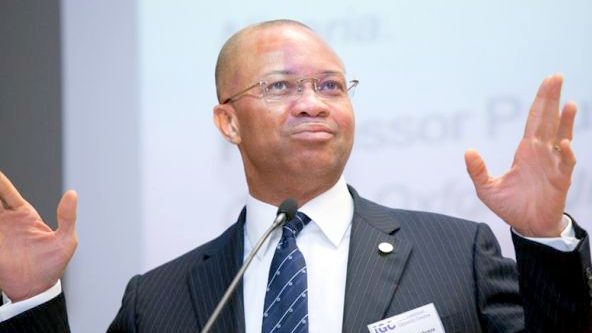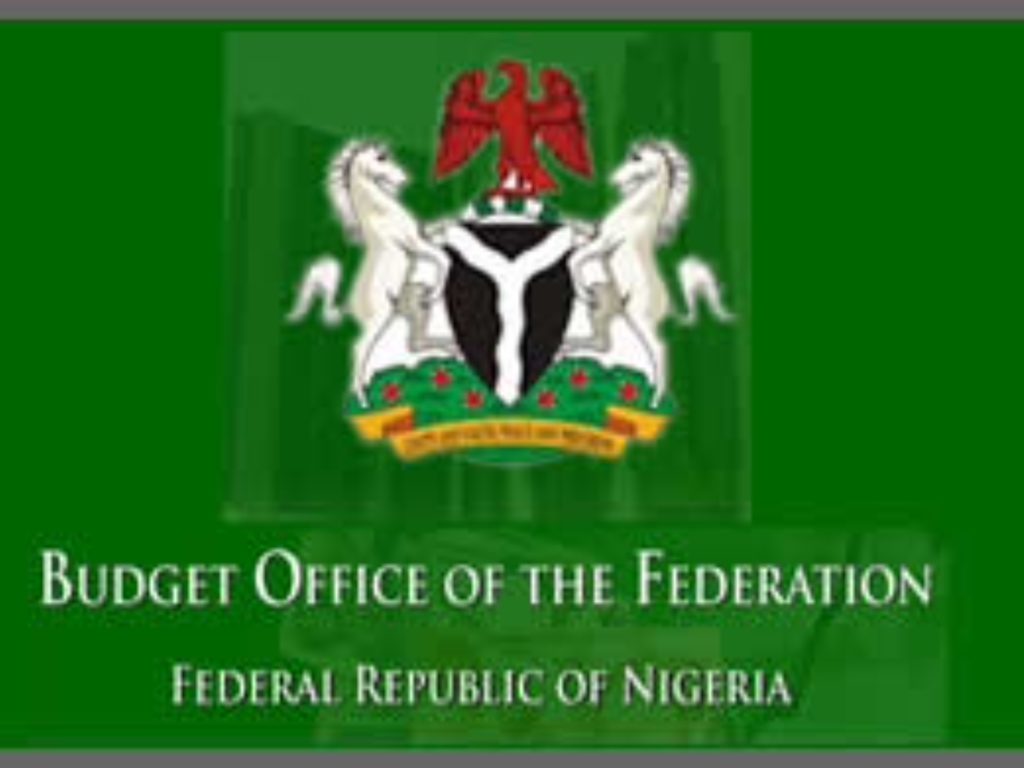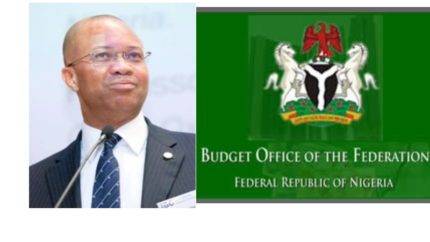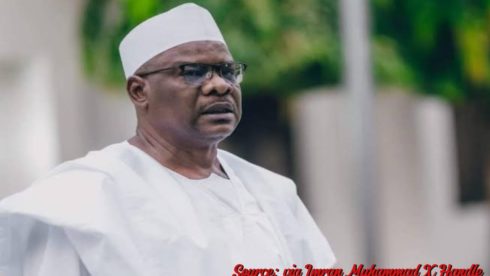Ben Akabueze, the Director-General of the Budget Office of the Federation, has expressed his views on the proposed N27.5 trillion budget for 2024, currently awaiting approval in the National Assembly. He believes that this budget is “too small” to effectively address Nigeria’s economic needs. Despite this assessment, Akabueze acknowledges the government’s commitment to fiscal responsibility and aligning expenses with available resources.
In his statement ,Ben Akabueze points out that the budgetary allocation appears conservative in comparison to the economic obligations faced by the government. He emphasizes the need for a realistic approach, stating, “It is now a case of cutting out coats according to our cloth rather than our size.” He attributes the budget’s size to the constraint of limited public revenues, underscoring the importance of addressing this challenge.

Government’s Commitment to Fiscal Responsibility
While recognizing the limitations of the proposed budget, Ben Akabueze appreciates the government’s dedication to fiscal responsibility. He highlights the alignment of expenses with available resources as a positive aspect of the budgetary planning process. This commitment aims to ensure that the government operates within its means, avoiding unsustainable fiscal practices.
Akabueze’s acknowledgment reflects an understanding of the delicate balance between addressing economic needs and maintaining financial discipline. The emphasis on responsible fiscal management suggests a strategic approach to navigating the economic challenges facing Nigeria in the coming year.
Conservatism in Budget Allocation
The Director-General emphasizes the conservative nature of the budget allocation in relation to the government’s economic obligations. This implies a cautious and restrained approach to budgeting, possibly driven by the awareness of limited financial resources. Akabueze’s statement sheds light on the delicate task of balancing essential expenditures with the available funds.
The term “conservative” suggests a prudent financial strategy, aiming to avoid unnecessary risks or overspending. This choice may reflect a calculated effort to ensure that the budget remains realistic and feasible within the current economic context.

Budget Constraints and Public Revenues
Ben Akabueze underscores the fundamental issue of limited public revenues as a key factor contributing to the perceived inadequacy of the budget. He acknowledges that the size of the budget is a direct reflection of the constraints faced by the government in terms of available financial resources.
This acknowledgment raises questions about the avenues for increasing public revenues and the need for comprehensive strategies to enhance the country’s fiscal capacity. Addressing these constraints becomes crucial for unlocking the potential to allocate larger budgets that align more closely with Nigeria’s economic requirements.
Challenges in Budgeting for Nigeria’s Needs
The Director-General candidly admits that Nigeria’s budget is significantly smaller than the country’s needs and requirements. This admission highlights the challenges faced in prioritizing and allocating resources effectively. Akabueze’s statement invites a closer examination of the mismatch between the budget size and the diverse economic needs of the nation.
Understanding and addressing these challenges will be critical for crafting future budgets that better reflect the scale and complexity of Nigeria’s economic landscape. It prompts a broader conversation about sustainable financial practices and innovative solutions to overcome budgetary constraints.
Ben Akabueze Challenges IMF’s Economic Growth Projection
In a notable departure from the International Monetary Fund’s (IMF) projection of Nigeria’s economic growth rate, Ben Akabueze challenges the accuracy of the assessment. He argues that the IMF’s evaluation is not entirely based on the economic facts of the country and asserts that the government’s protection is more reasonable than that of the international financial institution.
This statement introduces an element of skepticism regarding external evaluations of Nigeria’s economic performance. It suggests a divergence of opinion between the domestic economic authorities and international financial institutions, opening avenues for a nuanced discussion on the factors influencing such varying perspectives.
Table of Contents
Discover more from OGM News NG
Subscribe to get the latest posts sent to your email.













